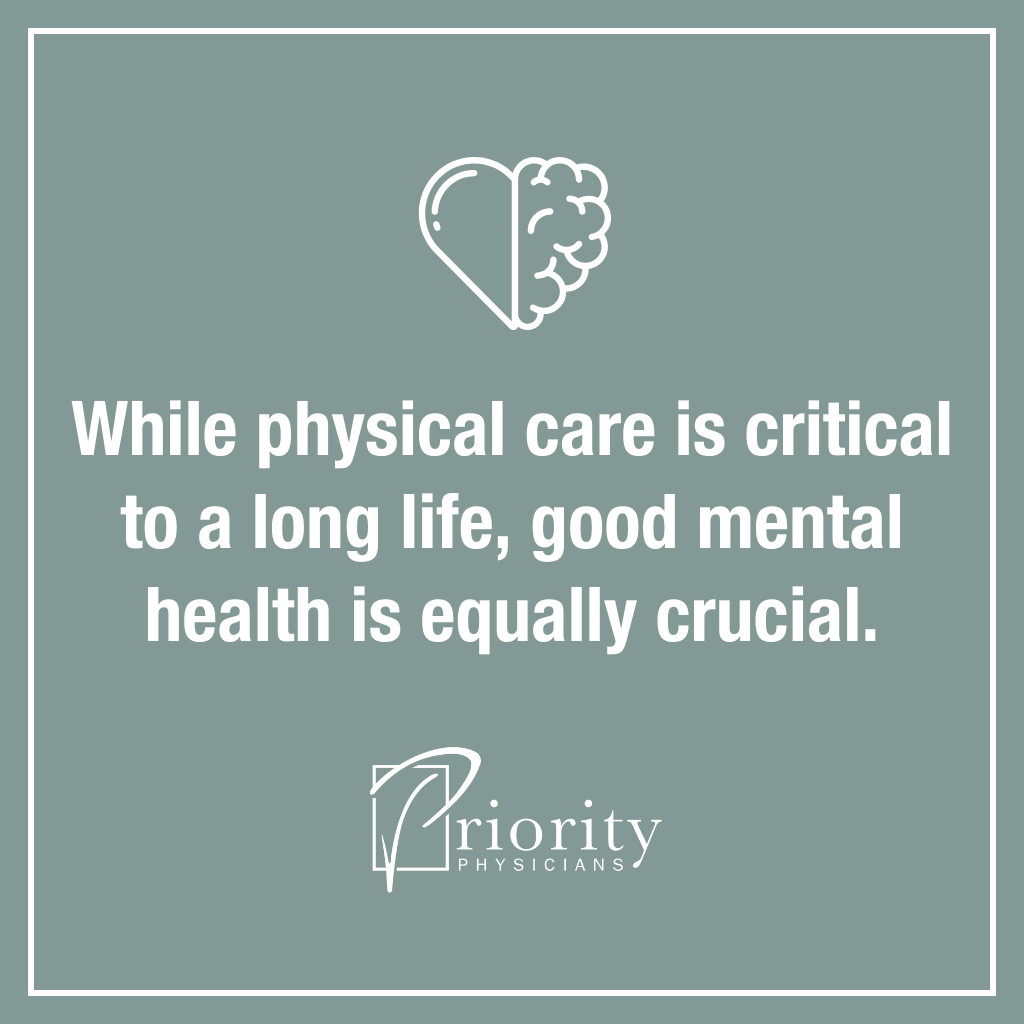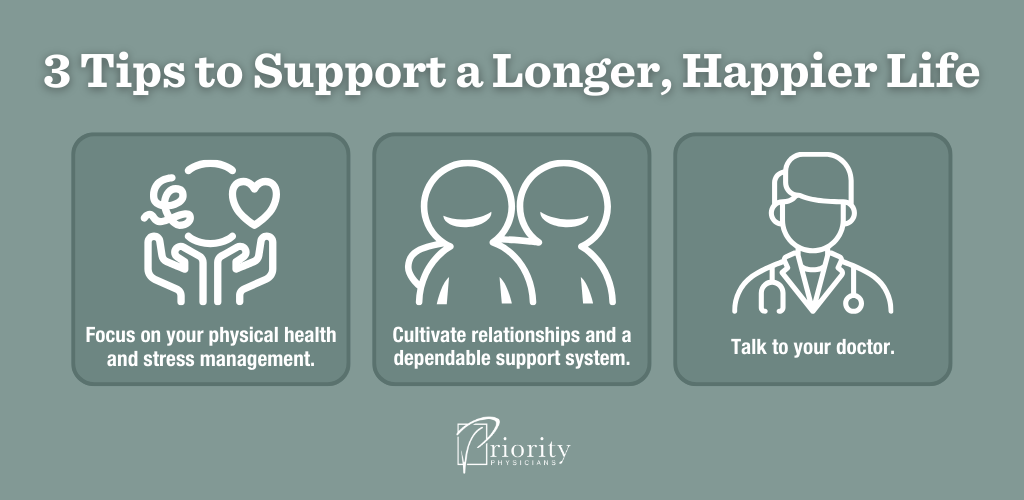Women live longer than men. Numerous studies have established it as fact. The current life expectancy of American males is 73.5 years, compared with 79.3 years for females, according to the latest projection from the Centers for Disease Control (CDC).
But why the six-year discrepancy? Exactly why do men die before women in this country?
Physiological Factors
Testosterone is partly to blame. Although it’s a generally beneficial hormone found in both genders, the typical adult male produces 15–20 times more testosterone than the typical woman.
Testosterone contributes to strength, stamina, and speed, but it can also increase blood pressure and heart rate and lead males to engage in dangerous situations or potentially unhealthy and risky behaviors, like addiction.
Women, on the other hand, possess higher levels of estrogen, a cardio-protective hormone that delivers a natural safety net. Adult females are also more inclined to care about their physical health: Women are more likely to see a doctor regularly between the ages of 20 and 50 than men, who usually see a doctor once or twice within that timeframe.

Mental Factors
While physical care is critical to a long life, good mental health is equally crucial. Here, stable, supportive relationships play a vital role.
Women excel at creating these support systems. Community- and relationship-oriented, women form book clubs, take walks or go to the gym together, and discuss their well-being with friends. They make, develop, and nurture social relationships for the long term.
Men’s social connections tend to be less consequential. Although experts suggest that three to six close friends are ideal for most people’s emotional health, it’s not uncommon for adult males to have no close friends they can trust in times of need.
While most women are comfortable asking their family, coworkers, or friends for help, men are more likely to try to be self-sufficient, which leads to a shorter lifespan.

Tips to Support a Longer, Happier Life
If you’re a self-sufficient guy who tends to go it alone, know that we’d like to see you around for a long time.
Put yourself on an optimal path by prioritizing your physical health and fostering deeper connections with others. Here are some tips to get you started:
Focus on Physical Health and Stress Management
- Follow a nutritional diet.
- Get your annual physical and vaccinations to stay strong and healthy.
- Exercise regularly to release serotonin that boosts your mental health.
- Get adequate, restful sleep.
Cultivate Relationships and a Dependable Support System
- Be there for others. Demonstrate that you’re a reliable and responsive friend.
- Join a club to add new friends to your network.
- Start a new hobby that requires you to interact with others.
- Look for opportunities to encourage conversation. Like exercise, a good chat releases serotonin.
- Don’t let bad hearing obstruct great conversations. If you have aural issues, get hearing aids. Your mental health will thank you.
Talk to Your Doctor
Physical health alone won’t achieve a longer, happier life. Mental health and supportive relationships are equally essential.
At your office visit, your direct primary care physician can provide not just physical care but also a listening ear and some caring counsel regarding friendships and relationships.
It’s never too late to build your support network or include Priority Physicians among your valued connections. As always, we look forward to the conversation.
(Are you a woman who knows a “self-sufficient” guy? Share this article and encourage him to contact us for a chat.)

